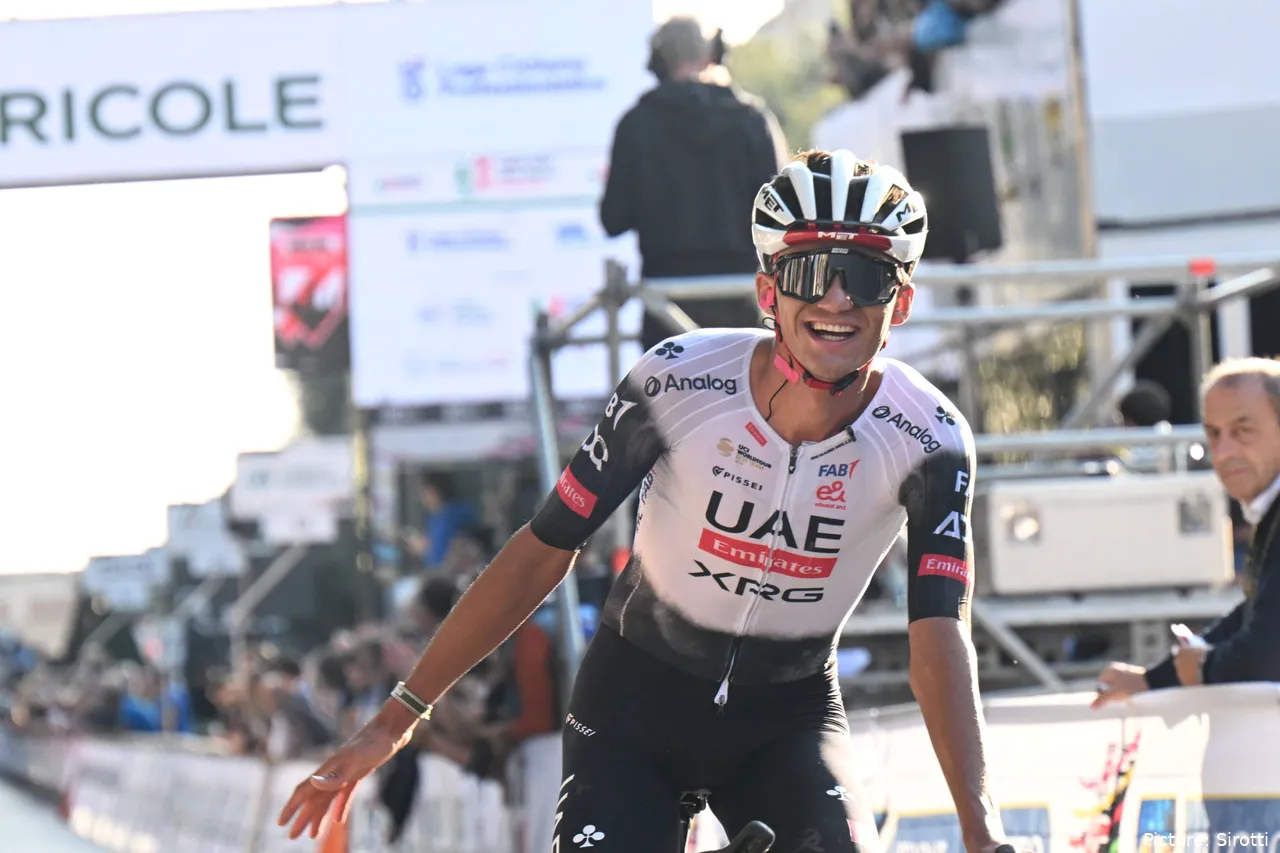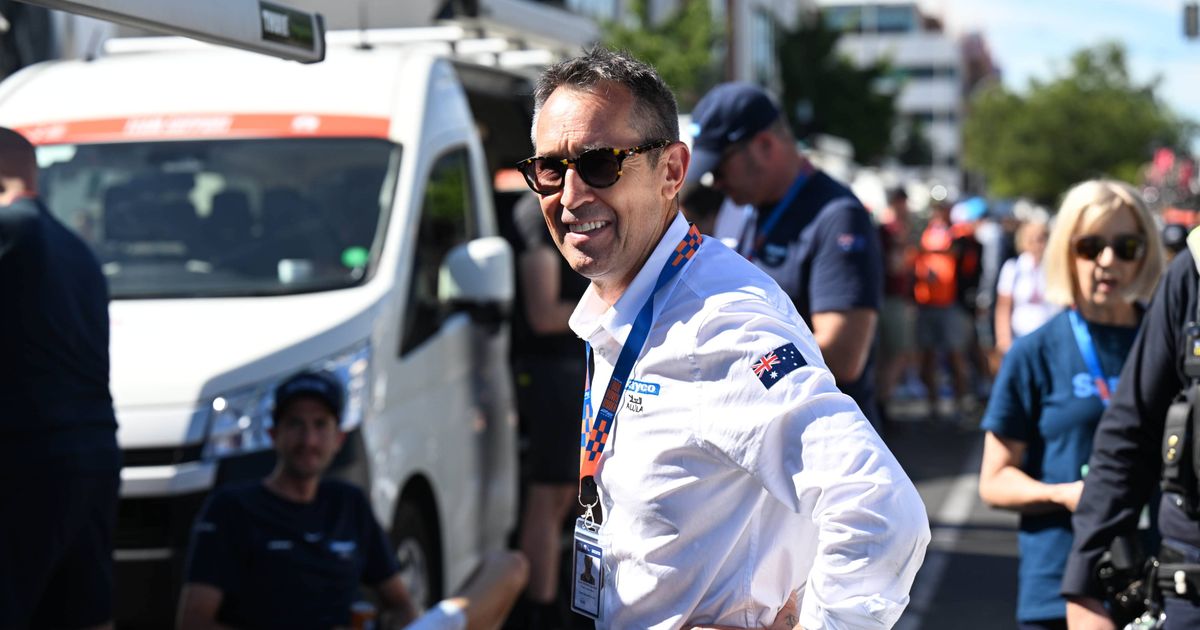“If nothing changes, the bubble could burst”Copeland has long been one of the sport’s more pragmatic voices, and his comments come after a season dominated by UAE Team Emirates – XRG, who collected 96 victories in 2025. For him, that imbalance isn’t simply the result of great management – it’s a reflection of financial disparity.
“We need to talk more about this trend,” he said. “It could lead to the bubble bursting if, for example, we don’t introduce a budget cap for each team. If nothing is done, the gap will grow even more, there will be less uncertainty, and the risk is that the spectacle of our sport will suffer.”
Drawing comparisons with other global motorsports, Copeland argued that cycling must learn from Formula 1 and MotoGP – both of which have implemented financial and technical controls to maintain competition and appeal. “Formula 1 and MotoGP have evolved massively over the last ten years to stay relevant,” he noted. “We need to do the same, both in men’s and women’s cycling. If our sport becomes less competitive, we’ll lose TV audiences, sponsors, and fans.”
Copeland also praised the UCI’s decision to avoid major calendar clashes in women’s cycling – something he believes the men’s calendar should replicate. “It was a smart choice to avoid overlapping big races. Yet in the men’s side, we still have Paris–Nice and Tirreno–Adriatico running at the same time,” he added.

Isaac del Toro took UAE’s 95th win of 2025 at the Giro del Veneto
“We should be in the top 10, not 18th”While his comments were primarily directed at cycling’s structure, Copeland also reflected on Team Jayco AlUla’s own season. Despite standout stage wins from Chris Harper at the Giro d’Italia and Ben O’Connor at the Tour de France, he admitted the team underachieved.
“It’s been a decent season, but we could have done better,” he said. “Looking at the team we had with O’Connor, Matthews, Dunbar, Zana and Schmid, we had at least seven or eight riders capable of winning, but not all of them made their mark. If you look at the team rankings, we’re 18th – that’s not where we belong. Based on the investment and the effort we’ve put in, we should be in the top ten.”
A new philosophy for 2026Team Jayco AlUla’s approach for the coming season will be different. The team has slightly reduced its spending while aiming to give more responsibility to younger riders, supported by experienced leaders like the aforementioned O’Connor and Michael Matthews.
“We’ve made a bold choice,” Copeland said. “It’s always hard to balance budget and performance at the top level. We want to focus on young riders without lowering the standard of the team. If we manage it well with our sports directors and performance group, it can be sustainable and effective.”
The Australian team’s ambitions remain centred around the Tour de France, where O’Connor’s win atop the Col de la Loze was one of the season’s defining moments. Yet Copeland says a single mountain stage isn’t enough. “Our dream, like that of every team, is to reach the podium at the Tour de France,” he said. “We know we don’t have the same firepower as the superteams of Pogacar and Vingegaard, but if the 2026 route suits Ben’s strengths, we’ll go for it. These are the kinds of goals that justify the investment.”
Matthews and the importance of leadership
Copeland also reserved special praise for Michael Matthews, whose resilience and professionalism continue to define Team Jayco AlUla’s identity.
“Michael is the biggest asset we have,” he said. “He might not win as much as he deserves, but that’s only because he’s up against titans like Van der Poel and Van Aert. When the doctors told us he was fully recovered, I had no doubt he’d come back even stronger. He saved our WorldTour licence in 2022 by finishing third at the Worlds, and last year he won in Québec. He can still be a protagonist at Milano–Sanremo or the Amstel Gold Race.”
To support Matthews, the team have added riders like Capiot, De Bondt, Vendrame and Covi – a collective effort Copeland hopes will bring both results and renewed team spirit.
Reform or risk stagnation
As one of the sport’s most experienced team managers, Copeland’s call for reform carries weight. His message is clear: without financial regulation and structural balance, cycling risks losing the very unpredictability that makes it compelling.
“The gap is already huge,” he warned. “If we don’t act soon, we’ll end up with fewer teams able to compete, fewer surprises, and less spectacle. That’s not the cycling we want.”

